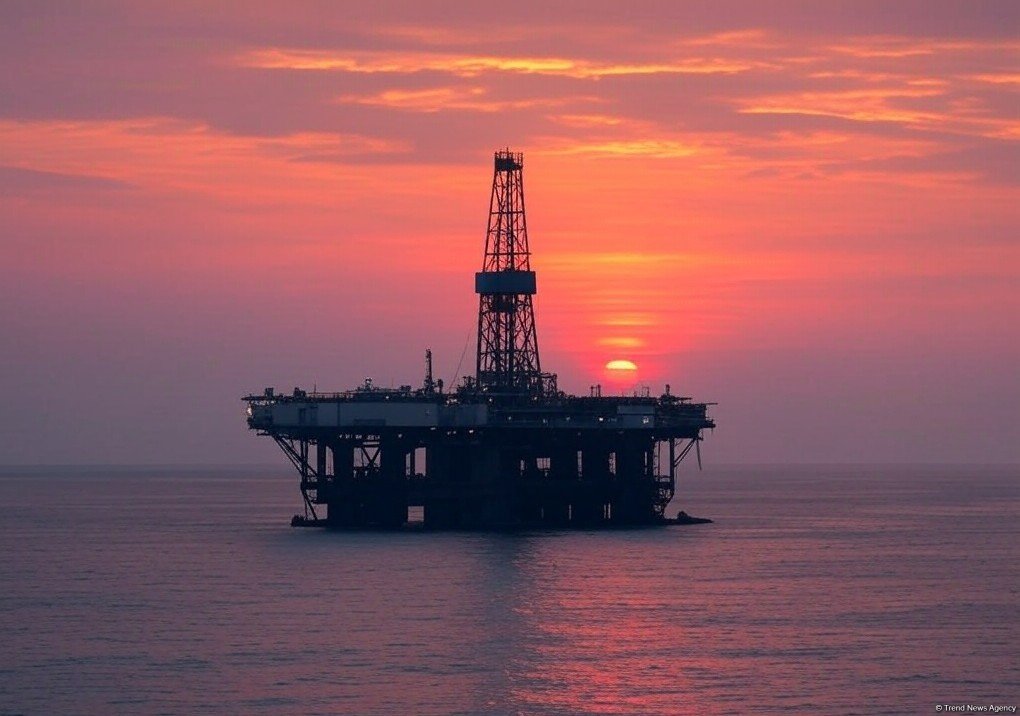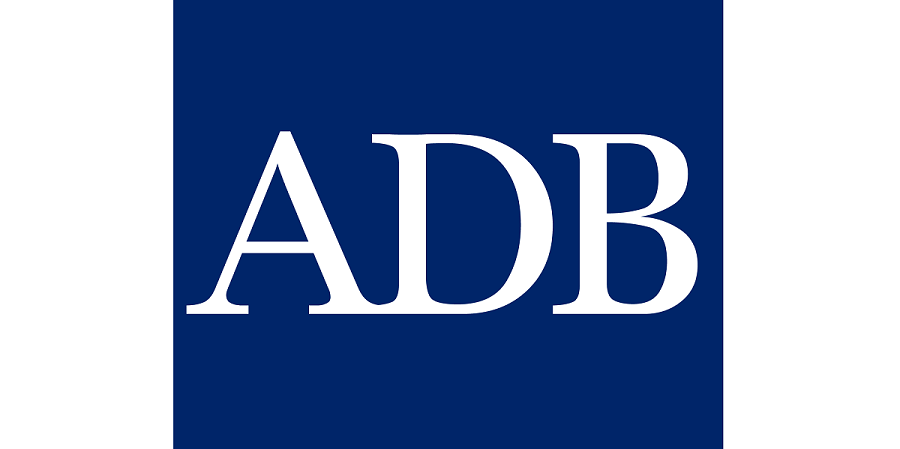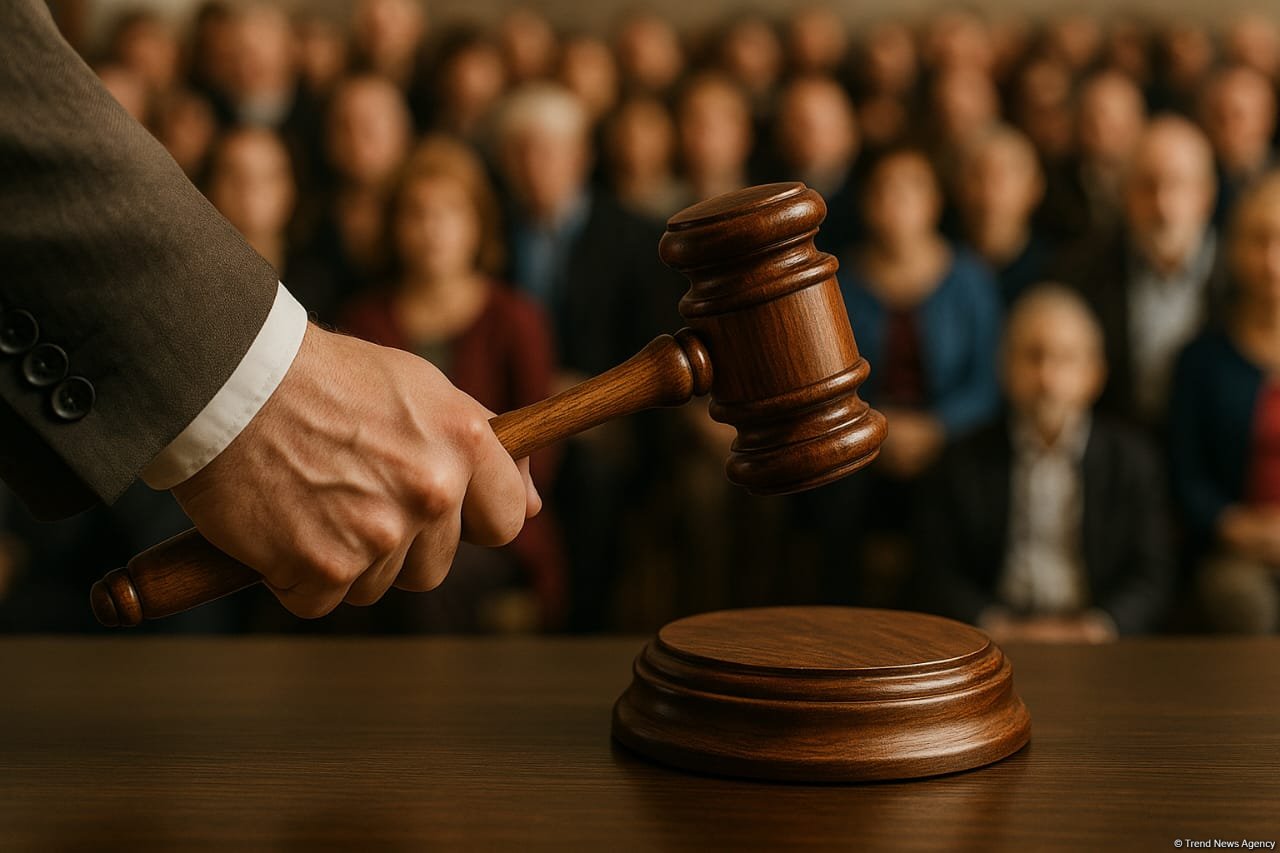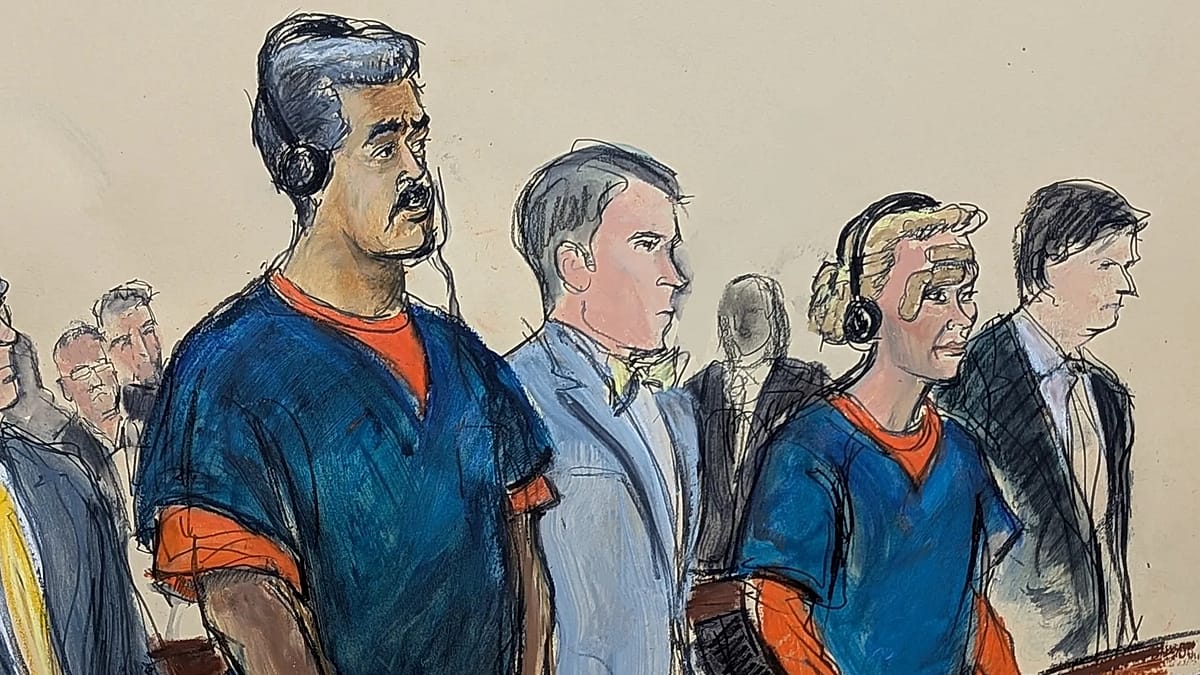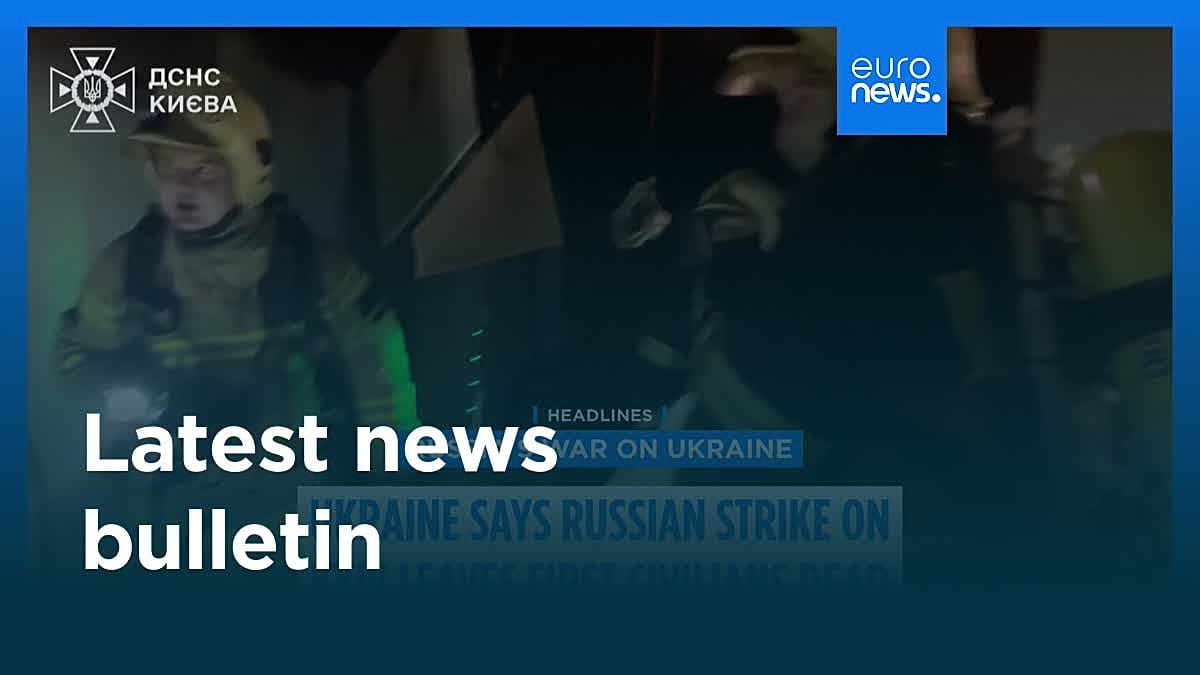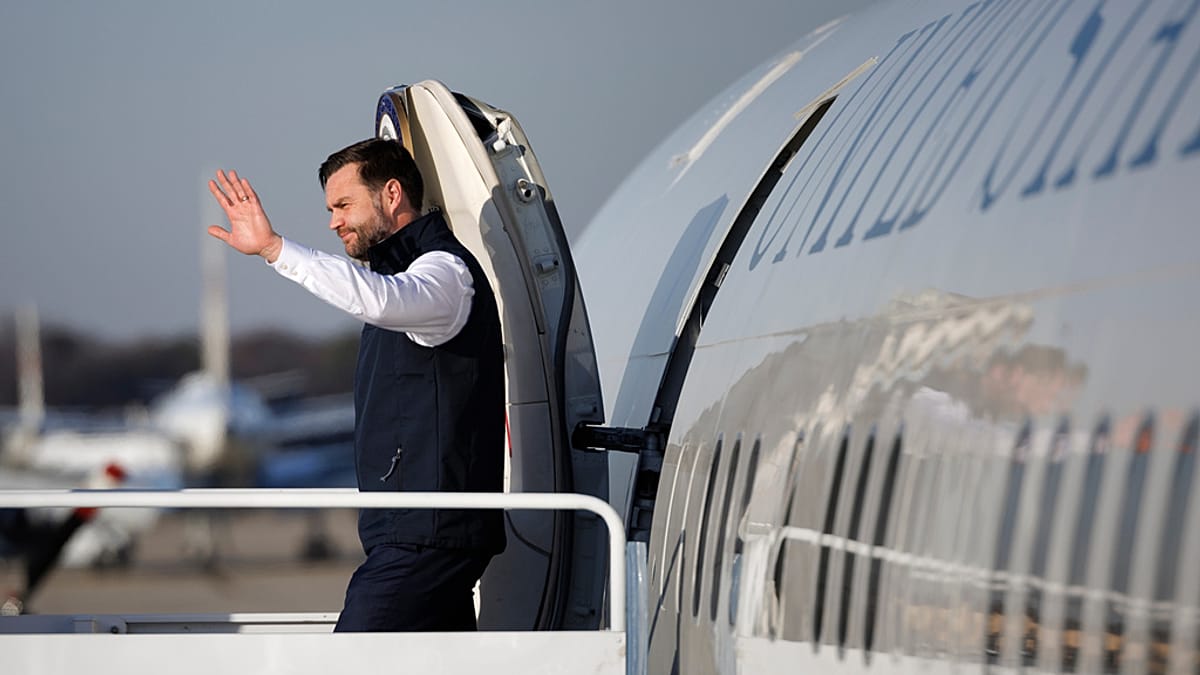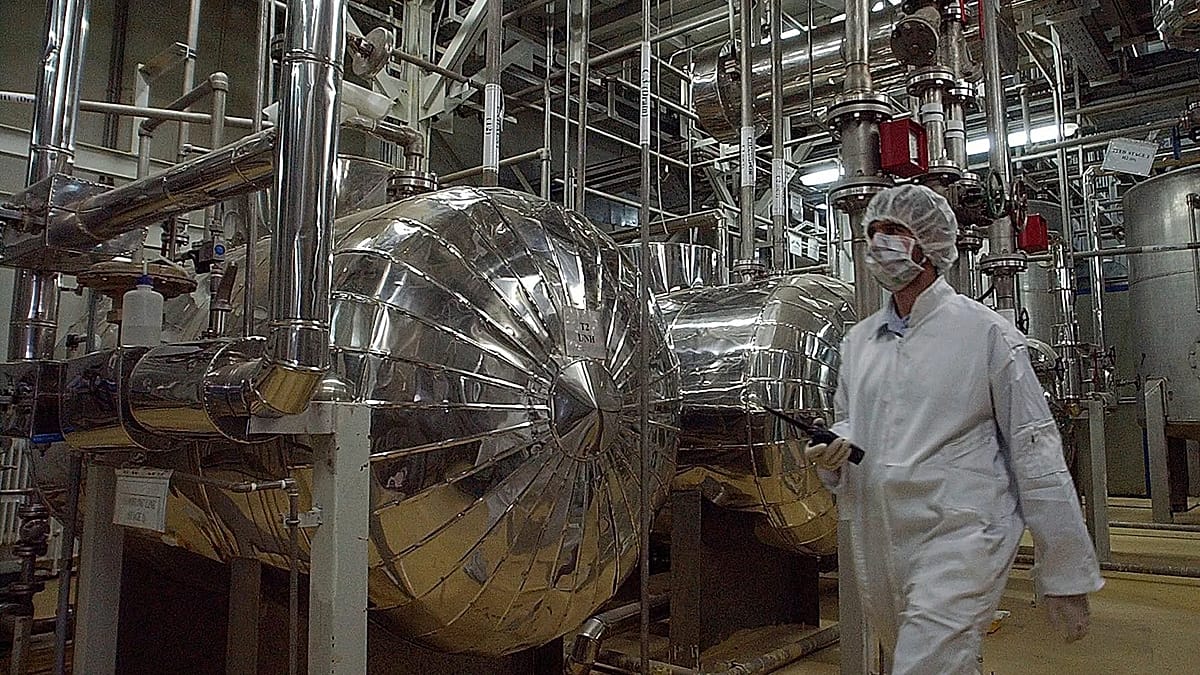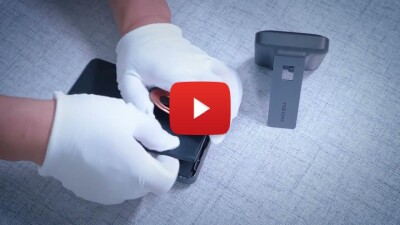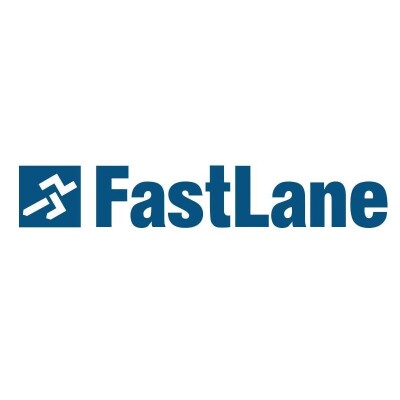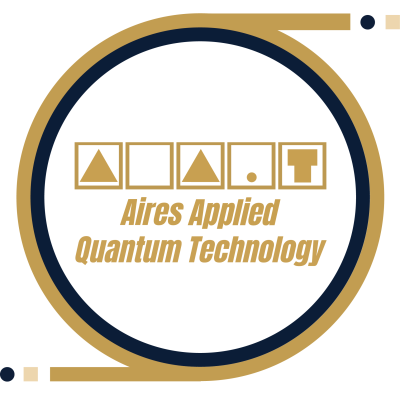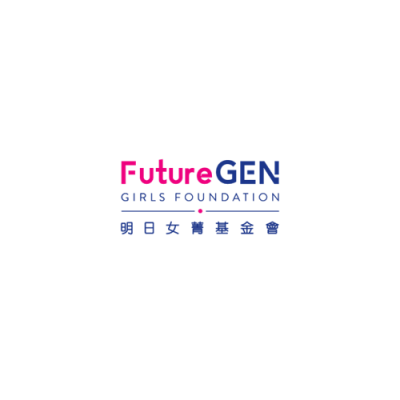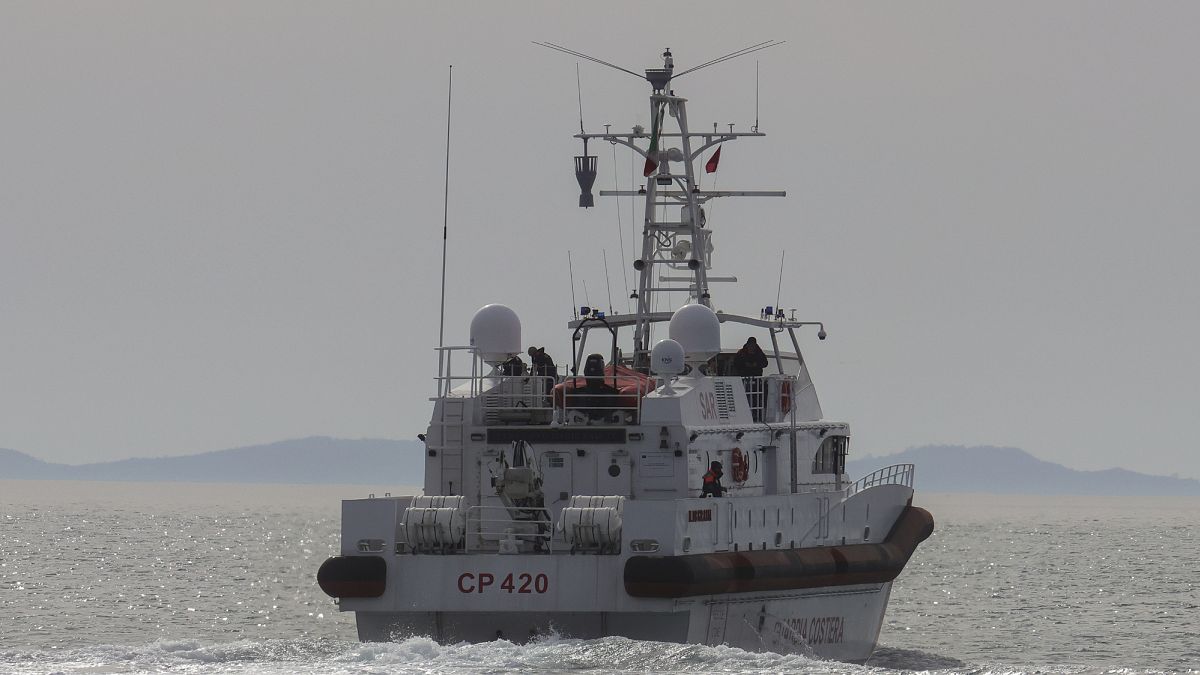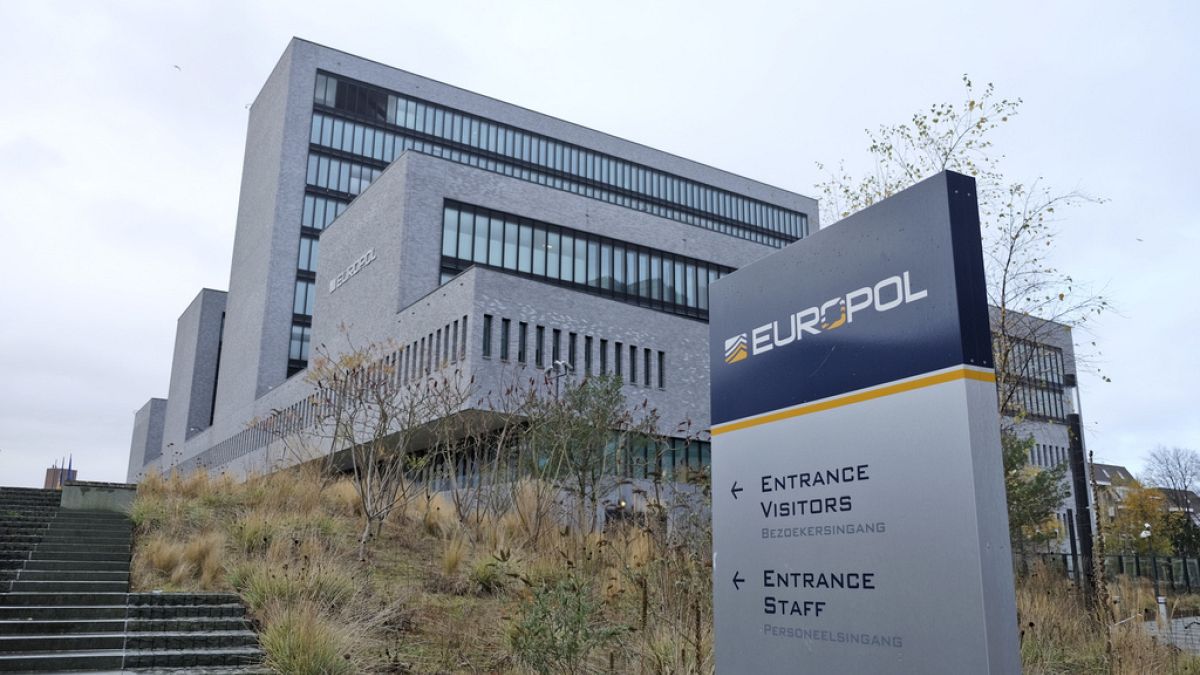P. Marinakis: “Strengthening independent and impartial journalism, transparency of sources, and accountability, the answer to threats against quality journalism”

The dangers of misinformation and the challenges of Artificial Intelligence were discussed among other topics at the Regular Session of EANA (European Alliance of News Agencies) taking place in Athens and hosted by the Athens-Macedonian News Agency.
“In recent years, one of the most serious threats to quality journalism is the tsunami of fake news, misinformation, and algorithmically enhanced echo chambers. False narratives and fake videos (deepfakes), rumors, conspiracy theories, all undermine public trust, polarize societies, and erode the foundations of democratic discourse,” described the Deputy Minister to the Prime Minister and government spokesperson, Pavlos Marinakis.
“News Agencies remain the guardians of real news and continue to bear the duty of truth,” stated the president of the Athens-Macedonian News Agency, Aimilios Perdikari.
The responses to the new challenges, according to Mr. Marinakis, must be as follows: First, “strengthening independent and impartial journalism, transparency of sources, and accountability.” As Mr. Marinakis emphasized, “the credibility of a news agency lies in its integrity, in its refusal to flatter, distort, or simplify complex truths for clicks or convenience.”
Regarding Artificial Intelligence, he pointed out that “we must adopt tools that assist in verification, support fact-checking, and help in detecting synthetic content, while ensuring that we maintain human judgment, editorial oversight, and the ethical parameters that an algorithm alone cannot support.”
Furthermore, cross-border cooperation is essential, Mr. Marinakis emphasized, as misinformation in one place spreads to neighboring countries. “The strength of EANA lies precisely in pooling its resources, exchanging best practices, and coordinating responses,” he added.
To combat misinformation, Mr. Marinakis informed that “the Greek government has moved to repeal simple defamation laws, providing stronger protection for journalists,” in strengthening “penalties for inciting violence against journalists within the framework of legislation aimed at combating violence from fans,” created “Registers of Print and Electronic Media to ensure transparency of media ownership, fair distribution of state aid, and support for journalism and job creation.” A Working Group was established, “a platform for journalists to express their concerns and shape policies that protect their rights,” and finally, the International Center for Journalist Safety Training was founded, of which the Athens-Macedonian News Agency is a founding member and actively participates.
In conclusion, Mr. Marinakis emphasized: “We will protect press freedom, we will strengthen media pluralism, and we will ensure the legislative framework that will protect journalistic work.”
Aim. Perdikari: One value must guide us above all: credibility
On his part, the president of the Athens-Macedonian News Agency, Aimilios Perdikari, referring to News Agencies, emphasized that “in the face of new and increasing challenges, to survive and maintain our historical role in the media landscape, we must adapt and reassess many aspects of our work.”
“Artificial intelligence, fact-checking, digital content, social media, and field reporting are, among others, part of this demanding landscape,” pointed out the president of the Athens-Macedonian News Agency. To address these challenges, “one value must guide us above all: credibility. This is what distinguishes us and will continuously differentiate us from other media,” he emphasized.
The Athens-Macedonian News Agency has established itself “as an important regional agency and a reliable partner for EANA,” noted Mr. Perdikari. It also plays “a significant and independent role in the Greek media landscape, despite the unfair criticism that, as a public entity, we are vulnerable to political pressures.”
Public agencies must stand alongside private agencies, Mr. Perdikari also asserted.
“Collaboration is the key to responding to the challenges of our time, and EANA is the best platform to do this,” he said, concluding his greeting.
“Ten to fifteen years ago, Greece was struggling to emerge from the economic crisis. It managed to recover. Now France is facing similar problems,” mentioned among other things during his greeting Fabrice Fries, president of EANA and CEO of the French News Agency (AFP).
EANA was founded in 1956. It has 32 member agencies representing a combined audience of approximately 750 million people.
The conference proceedings will continue on Friday with the election of the new Board of Directors of EANA, for which Mr. Perdikari will be a candidate, following a proposal from 24 member agencies. (25/9/25)
